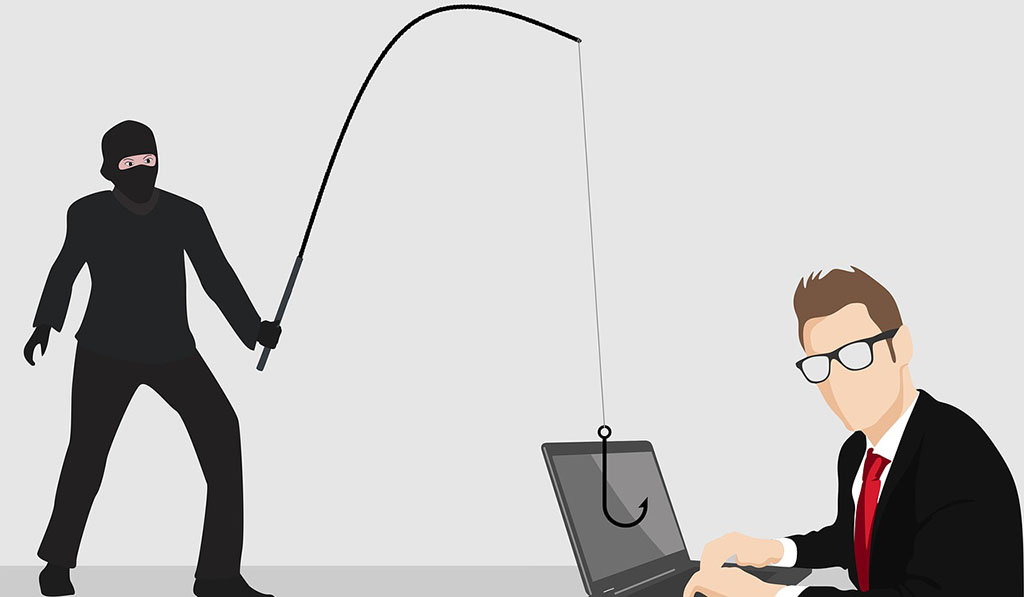Blackmail is an act of coercion using the threat of revealing or publicizing either substantially true or false information about a person or people unless certain demands are met. Blackmail is characterized as a crime and committing black mail can carry significant criminal and civil consequences. In this post, we’ll take a look at blackmails to help you understand the different aspects of these emails.
Blackmail may involve using threats of physical, mental or emotional harm, or of criminal prosecution, against the victim or someone close to the victim. If you search the internet, you will find that extortion (include blackmail) is very widespread in today’s world. In particular, women and children are victims of extortion. Blackmail involves some type of threat. The threat may be that physical injury will be committed if the recipient does not comply with the demand. The threat may be directed at a third party, such as a spouse or child. In many instances, the threat is to the individual’s reputation. There is an important subset of blackmail called emotional blackmail. This article gives you a brief overview about this type of cybercrimes.
Sometimes we have trouble recognizing blackmail and extortion because they are so similar, but we have to keep in mind that:
- Extortion is the taking of personal property by threat of future harm but
- Blackmail is the use of threat to prevent another from engaging in a lawful occupation and writing libelous letters and also use of intimidation for purposes of collecting debt.
Cyber-blackmail is the act of threatening to share information about a person to the public, their friends or family, unless a demand is met or money is paid.
Source: en.wikipedia.org and hg.org
How can we keep ourselves safe from Cyber-blackmails? Here are some advises:
Checking Footprints on the Unauthorized Sites
Cyber-criminals build websites that are to attract visitors. When a person sign-up for such websites with his/her email address, this person plays into the hands of hackers. There are two possible reasons:
- The person has set his or her email password as a password to access one of these websites.
- Even if he/she is not so careless, it is possible that the hacker could guess the email password from the person’s various passwords.
Constantly Changing Passwords
Try changing your email password every few days. This is very effective.
Checking for Data Breaches
From time to time, hackers may be able to access all the information on a sensitive website (such as e-mail service provider). In this case, the website has been data breached and the personal information of its users has been made available to hackers.
Check whether your email address was involved in any data breaches. This way, you can identify the breached site and change your password.
Using Strong Passwords
If your password is “123456”, or your date of birth, or your date of marriage, and so on, we can say that you have neglected your security because a hacker can guess a weak password.
Now you’re probably saying that just knowing the password isn’t enough. How can a hacker find out your email address? It is simple. If you mention your email ID on a page that comes under the purview of a search engine, in fact you’re leaving trails. So, create a password that is 12-14 character in length. Also, make sure it’s a combination of numbers, symbols, lower-case letters, and capital letters.
Do not Send Any Form of Sexual Picture
Every image you send to him/her makes his/her position stronger and stronger.
Collecting the Evidence
Keep the threatening emails and take a screenshot and report cyber-blackmail to the police.
Using an Experienced Lawyer
A lawyer in this area may advise the victim to report the crime to the police. In some cases, police may work with the victim in order to build a case against the perpetrator. The police may record threatening conversations or collect other evidence that will ultimately help convict the perpetrator of the crime of blackmail or extortion.
In addition to the above, consider the following:
- Don’t post personal information online, like your address, your email address or mobile number.
- Never let anyone have access to your passwords.
- Never respond or retaliate to negative posts.
- Don’t open emails, downloads or attachments from people you don’t know or trust as they could contain a computer virus or unwanted messages.
- Block spam emails and delete them.
- Use codes or passwords to lock your phone.
- Register your handset on the National Mobile Phone Register.
- Download apps that can locate your phone and/or wipe data.
- Record the phone’s unique IMEI number.
———————————
Sources:



















